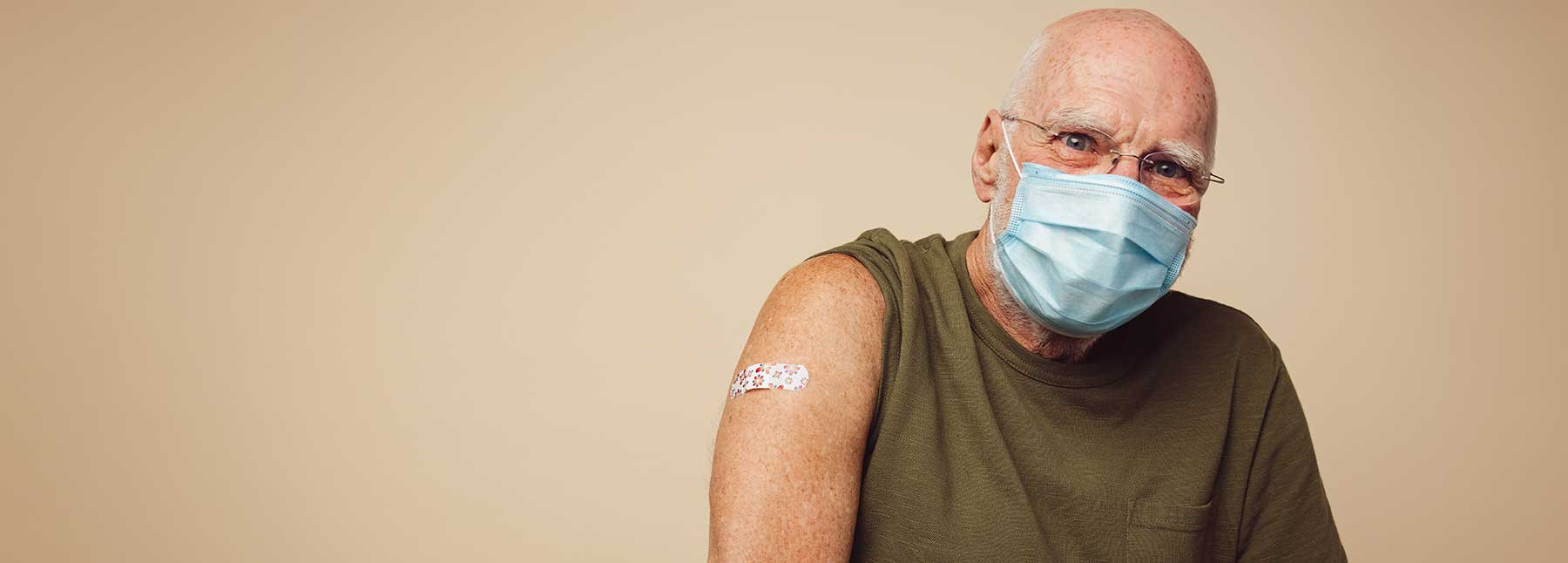Vaccine hesitancy is defined as the reluctance or refusal to receive a vaccine despite its availability. The reasons for vaccine hesitancy are varied. For some, a fear of needles, concerns about missing work, or anxiety regarding potential side effects are behind decisions to delay or avoid a vaccine. For others, the reasons can be more complex and tied to deep-rooted spiritual, religious, philosophical and/or political beliefs, therefore making conversations about vaccines all the more emotive.
The World Health Organisation (WHO) has listed vaccine hesitancy as one of the biggest threats to global health. According to health experts, ending the pandemic relies heavily on the vast majority of us getting vaccinated (between 70 and 90 per cent of the population) to safely reach herd immunity and limit the ability of the virus to spread. Waiting too long to be vaccinated allows the virus to continue spreading in the community, with new variants like Delta and now Omicron emerging.
If you are hesitant about getting your vaccine shot, we address some of the most common COVID-19 vaccine concerns to assuage your fears.



